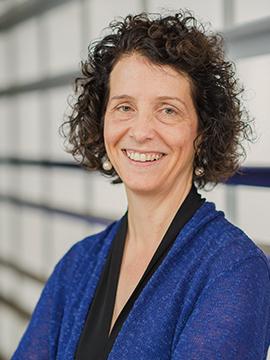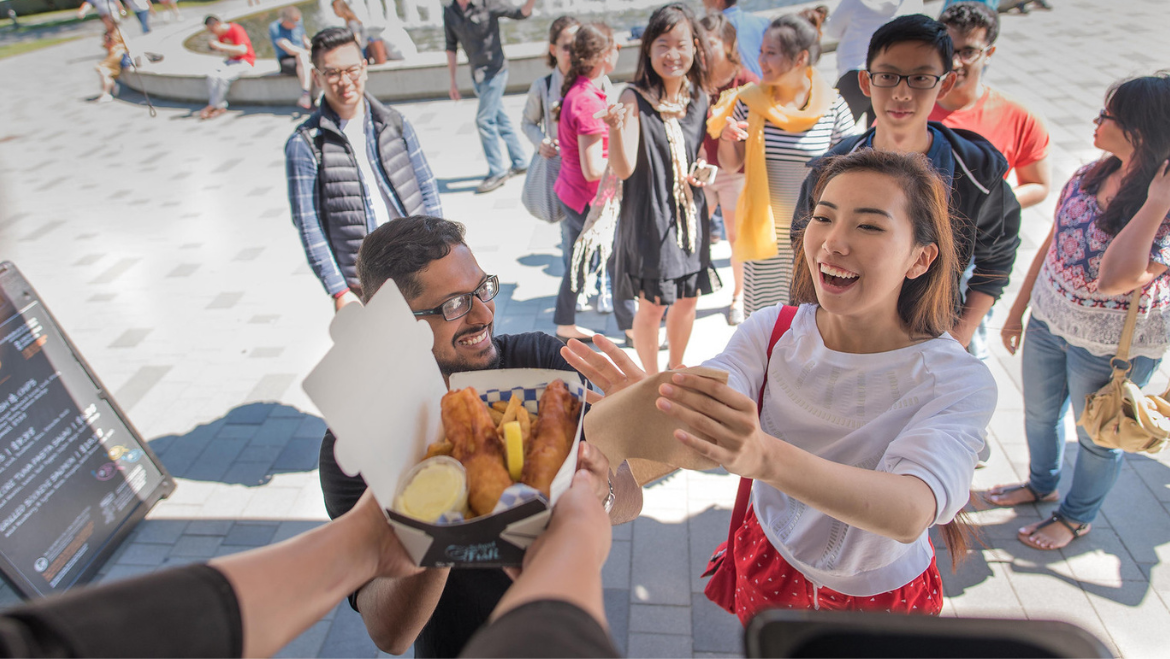By Nick Melling
There aren’t that many cultural historians who can count a nuclear ballistic missile among the reasons for their career choice.


But Professor Anne Gorsuch, who teaches in the Deptartment of History, is one of those few.
It was while working as a lobbyist against the American MX missile project during the Reagan years that Gorsuch decided to go back to graduate school to learn more about the Soviet Union. “I didn’t know as much as I had to know about nuclear weapons, or Soviet-American relations in order to do this job well,” Gorsuch explains. “In those days, if you wanted to experience the Soviet Union first hand you had to be either a member of the State Department, or an academic.” Gorsuch, who has been listed as a “popular prof” several times in Maclean’s Magazine, chose the latter route and has not looked back since. She teaches courses about the Soviet Union and the cultural history of the Cold War, and has been chair of the History Honours program.
Not that it has always been an easy path to follow. From setting out to get a doctorate degree at the University of Michigan without ever having taken a Russian language class, to sharing a tiny dormitory room in Moscow with a swarm of cockroaches, there have definitely been some bumps along the way.
Gorsuch’s first book was about Soviet youth in revolutionary Russia. Her current research is on Soviet tourism to foreign countries in the 1950s and 1960s, something permitted only after death of Joseph Stalin. “What did it mean to be ‘Soviet’ after Stalin?” Gorsuch asks outlining questions she hopes to address in the research. “What was the impact of imagining and experiencing the outside world on Soviet identity both individual and national?”
Gorsuch believes that research has an important place in the classroom. “My own research contributes to my excitement and engagement with Soviet history which I try to share with my students,” she says. “It also ensures that what I teach is up to date and informed by recent interests and academic currents in the field.”
She encourages students in her classes to look beyond arms races and summit meetings to focus on the more personal side of Cold War, as related by memoirs and other individual accounts. To students considering history, Gorsuch’s advice is simple — do it! “A history degree provides training in how to think, how to write, how to make an argument, how to understand the world around you, how to empathize with others,” she says, “All skills needed in any work environment.”


